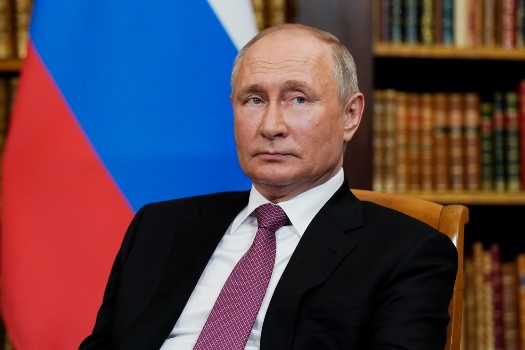The White House said in a statement that the talks would focus on a proposed US-EU trade pact, transatlantic issues and common security challenges in North Africa and the Middle East and elsewhere.
Washington's relations with Spain, like those with some other European allies have been strained by revelations about National Security Agency eavesdropping programs leaked by fugitive intelligence contractor Edward Snowden.
In October, the Spanish newspaper El Mundo reported that US security services tracked 60.5 million telephone calls in Spain in a single month.
The article, co-authored by US journalist Glenn Greenwald, was based on previously secret documents obtained by Snowden, who is now living in temporary asylum in Russia.
The US ambassador to Spain, James Costos, was summoned to explain the allegations at the Spanish foreign ministry.
Don't miss stories about Spain, join us on Facebook and Twitter.



 Please whitelist us to continue reading.
Please whitelist us to continue reading.
Member comments